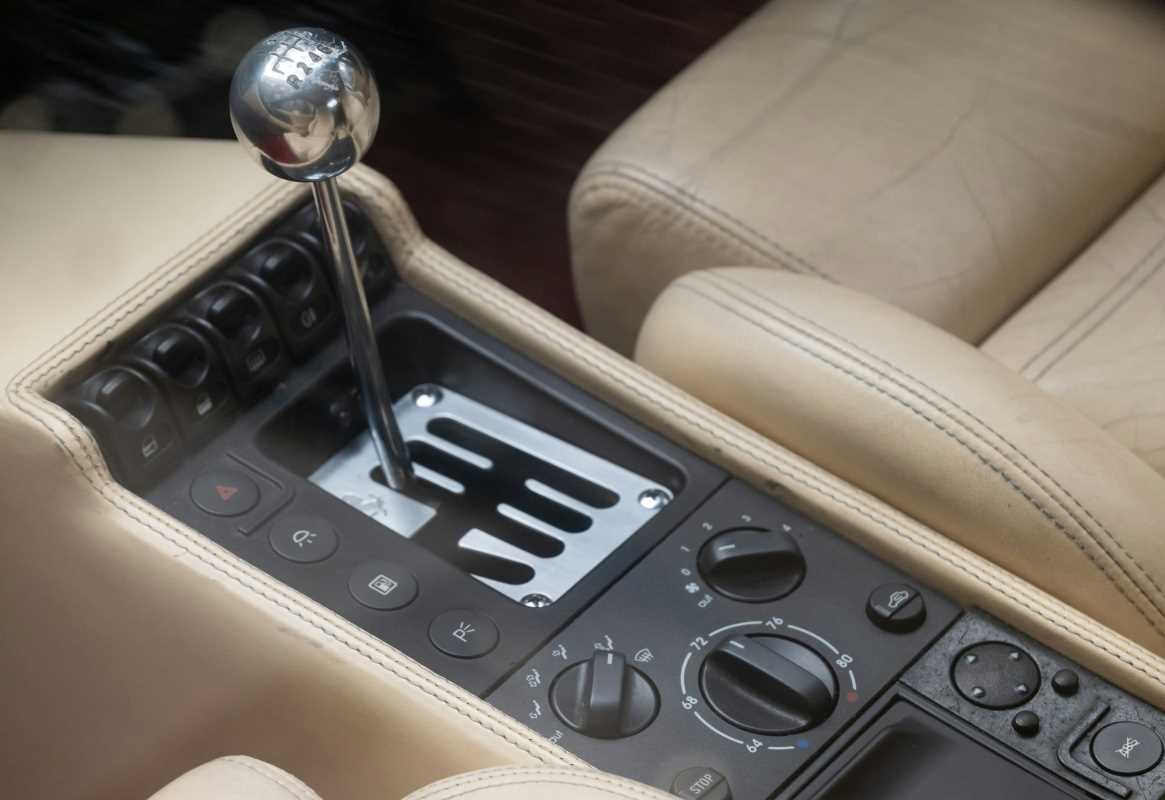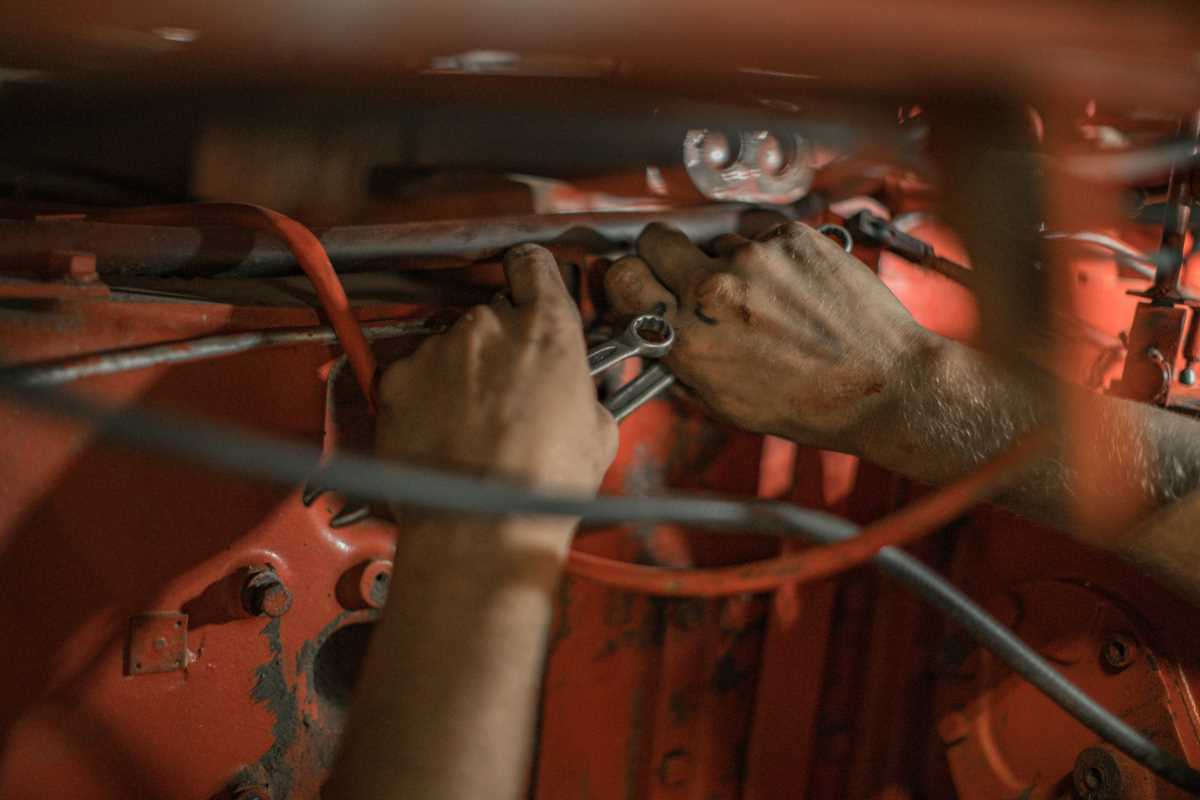Passing a smog test is one of those unavoidable duties most car owners face. Think of it as your vehicle’s health check-up, making sure it’s environmentally friendly and running smoothly. But just as you wouldn’t expect to run a marathon without some training, you can’t expect your car to ace a smog test without proper preparation.
Thankfully, having your car in tip-top shape doesn’t have to require wizardry or deep mechanical expertise. With a few routine maintenance habits, your car can stay road-legal and smog-test-ready year-round.
Focus on Regular Oil Changes
Oil changes aren’t just for keeping your engine running like a dream; they’re also crucial for passing a smog test. Dirty, old oil can release extra pollutants because, over time, contaminants accumulate in the oil. When your engine burns this gunky mix, it causes higher emissions that could trigger a smog test failure.
Stick to your car manufacturer’s recommended oil change schedule, often based on mileage or time since the last change. Do it yourself, or leave it to the pros, but make sure you're using the correct oil type specified for your car. Consider oil with cleaning additives if you’re worried your engine has been neglected for a little too long. While the fresh oil alone won’t ensure you pass, it’s an essential piece of the puzzle that keeps harmful emissions in check.
Bonus? Routine oil changes are good for overall engine health, and a healthier engine almost always means an easier smog test pass.
Keep Tabs on Your Air Filter
Your car’s air filter is like its respiratory system. A clean filter allows air to flow freely into the engine for proper combustion. A dirty or clogged filter, on the other hand, chokes that airflow, making the engine work harder and increasing emissions. It’s the automotive equivalent of trying to breathe through a straw.
Inspect your air filter regularly and replace it if it’s dusty, discolored, or just looks like it’s seen better days. The process is often simple enough for even the least experienced car owners. A clean air filter doesn’t just help you pass your smog test but also boosts your fuel efficiency. That means fewer trips to the gas station and more dollars for coffee or snacks (the true essentials).
And if you’re thinking about those fancy reusable air filters, they can work great, but they need to be cleaned and oiled properly. Neglecting them might provide worse results than sticking with a standard disposable filter.
Don’t Ignore the Check Engine Light
Raise your hand if you’ve ignored a glowing check engine light for a suspiciously long time! You’re not alone, but this little warning is something you can’t brush off when it’s smog test season. The check engine light is your car’s way of saying, “Hey, something’s up,” and it’s often linked to emissions-related problems.
An illuminated check engine light is an automatic fail if you roll up to the testing center, regardless of how great your car looks. Issues like faulty oxygen sensors, malfunctioning catalytic converters, or failing spark plugs are common culprits behind that stubborn warning light.
A quick diagnostic scan, easily done at most auto shops (or even by you with the right tool), can identify the issue. Fixing it sooner rather than later will save you the headache of repeating a smog test or, worse, causing long-term damage to your vehicle.
Pay Attention to Your Fuel System
Your car’s fuel system isn’t just about getting gas from point A to point B in your engine. A well-maintained fuel system ensures proper combustion, directly affecting your emission levels. Dirty fuel injectors or a failing fuel pump can mess up this delicate balance, leading to higher emissions than what’s legally acceptable.
Using high-quality fuel or fuel system cleaners can prevent deposits from building up inside the injectors. You’ll also want to inspect hoses and other components, ensuring there are no leaks. A quick sniff test near your fuel tank can catch leaks early (though, please, no cigarette in hand while doing this).
For older vehicles especially, a professional fuel system cleaning might be worth the investment before test day. Think of it as deep-cleaning your car’s “kitchen” to ensure everything stays in working order, from prep to performance.
Run a Pre-Test Tune-Up
If there’s one ultimate move to ensure your car is ready to pass a smog test, it’s scheduling a tune-up beforehand. A good mechanic will catch the little things you might overlook, like a spark plug past its prime or a misfiring cylinder. Both conditions can increase pollutants and decrease your chances of a smog-test pass.
It’s also the perfect time to test and replace your car’s sensors. Faulty oxygen or mass airflow sensors, for example, can throw off the air-to-fuel ratio in your engine, making it less efficient and emissions-heavy.
Why risk fumbling with repairs after failing a test when a preemptive tune-up can confront common problems well before they spiral? You’ll walk into the testing center confident and ready, leaving with newly printed (and valid) registration papers in no time.
Maintenance Tips to Stay Consistently Prepared
Besides these steps, here are some quick and helpful tips for staying consistently smog-test-ready:
- Warm your car up before the test: A warmed-up engine burns fuel more efficiently, helping reduce emissions.
- Use quality fuel: Premium gas or fuel designed with additives specifically for “cleaning” combustion could give your engine a nudge in the right direction.
- Keep your battery charged: A low or disconnected battery can reset your vehicle’s onboard computer and erase diagnostic data, which technicians need during the test.
- Avoid aftermarket exhaust systems: They might seem cool, but if they don’t meet local regulations, say goodbye to passing.
- Stick to your maintenance schedule: Regular checkups will always keep your car ahead of potential emission problems.
Developing good habits can ensure your car stays in fighting shape for every smog test that comes your way.
Drive With Confidence and Clean Air in Mind
Keeping your car smog-test-ready isn’t just about ticking off one item on your adulting checklist; it’s about ensuring that your vehicle contributes to cleaner air for everyone. Proper maintenance doesn’t just magically make you pass emissions testing. It keeps your car in great condition, saves you money on unexpected repairs, and might even boost your mileage efficiency.
Taking care of your oil changes, air filter, fuel system, and those blinking dashboard warnings are all small things with big payoffs. They add up to protect your car, the planet, and your wallet in the long run. It’s a win-win-win scenario.
Whether it’s been a while since your last emissions check or you’re gearing up to hit the testing station soon, these tips will give you a significant edge. Give your car the maintenance love it needs, and in turn, it’ll stay reliable, efficient, and ready to rack up miles on the road ahead.







